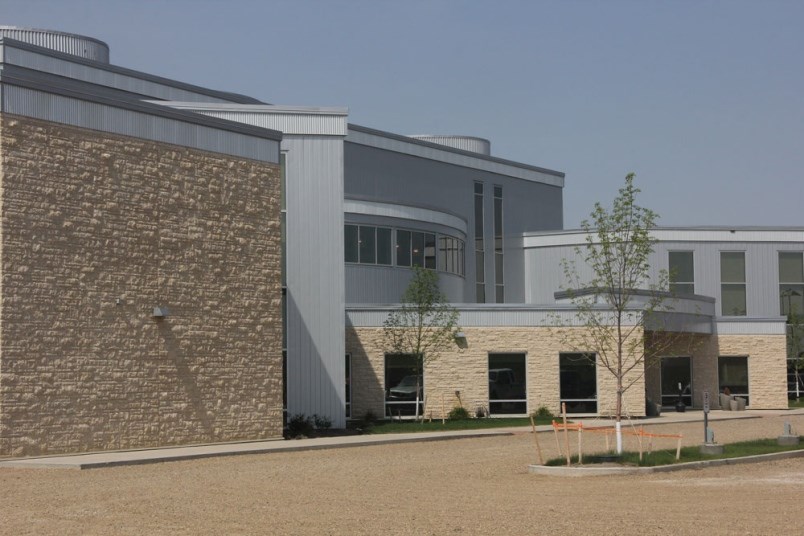ESTEVAN — A new academic volume set for publication in 2025 brings together experts from across Canada and beyond to examine how vocational education can evolve in response to shifting workforce demands.
Innovative Approaches to Regional and Vocational Education is led by Dr. Krista LaRue Keeley, editor-in-chief and training and design specialist at Southeast College. The book includes chapters by two additional Southeast College faculty members: Tania Hlohovsky Andrist and Ryan Gustafson.
The collection, which is currently under review for publication, explores topics such as micro-credentials, artificial intelligence in teaching and learning, community-based entrepreneurship, robotics, and applied research hubs.
“Our contributors are reimagining vocational education not just as job training, but as a deeply integrated part of lifelong learning, community development and economic resilience,” said Keeley. “This collection reflects bold, practical thinking rooted in experience and collaboration.”
The book offers case studies, frameworks and real-world insights into how vocational institutions can work with industry partners, use digital tools and address regional skills gaps with greater flexibility and responsiveness.
Contributors examine:
- The role of micro-credentials in learner flexibility and mobility
- Community-led research hubs in rural and remote areas
- The integration of AI to boost learner engagement and equity
- Robotics and computer science curricula aligned with workforce needs
- Entrepreneurship and innovation in regional post-secondary systems.
Keeley, who holds a Doctor of Education in Educational Leadership from Western University, leads Southeast College’s Teaching and Learning Centre. Her recent work includes a chapter in Generative AI in Teaching and Learning, introducing the AI-Teacher Wellness Theory (AI-TeachWell), a framework exploring the intersection of artificial intelligence and educator well-being.




